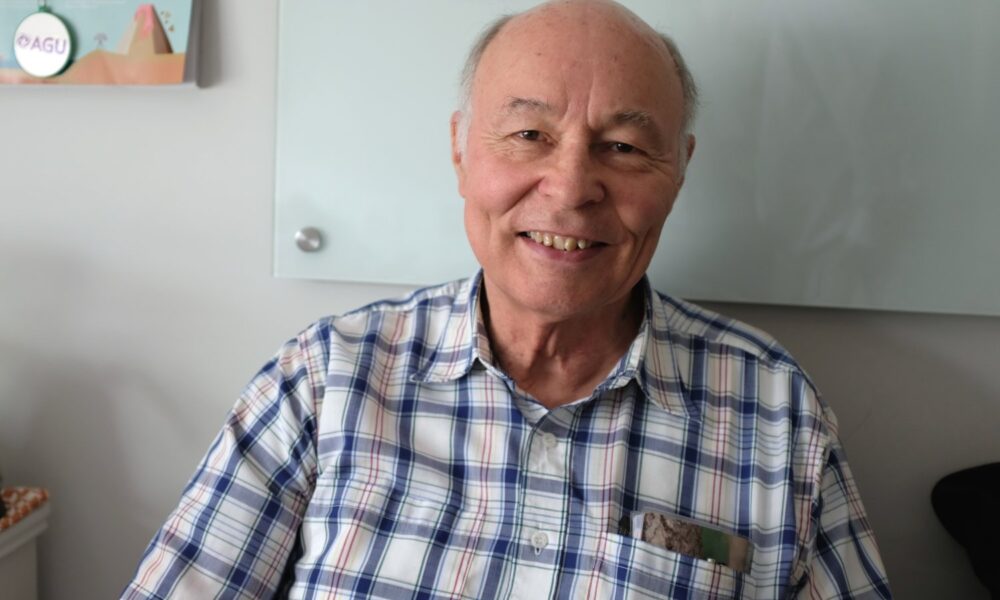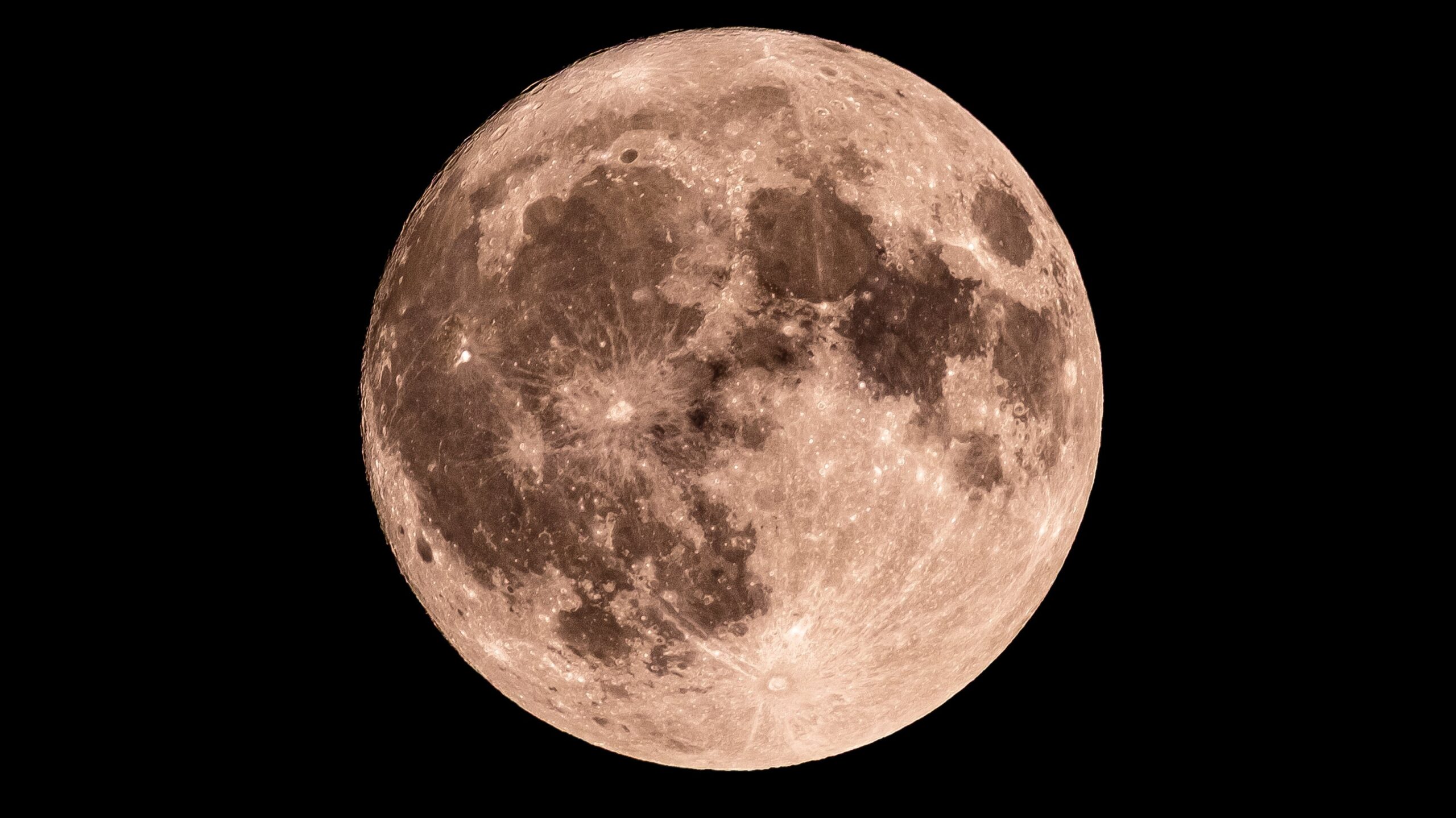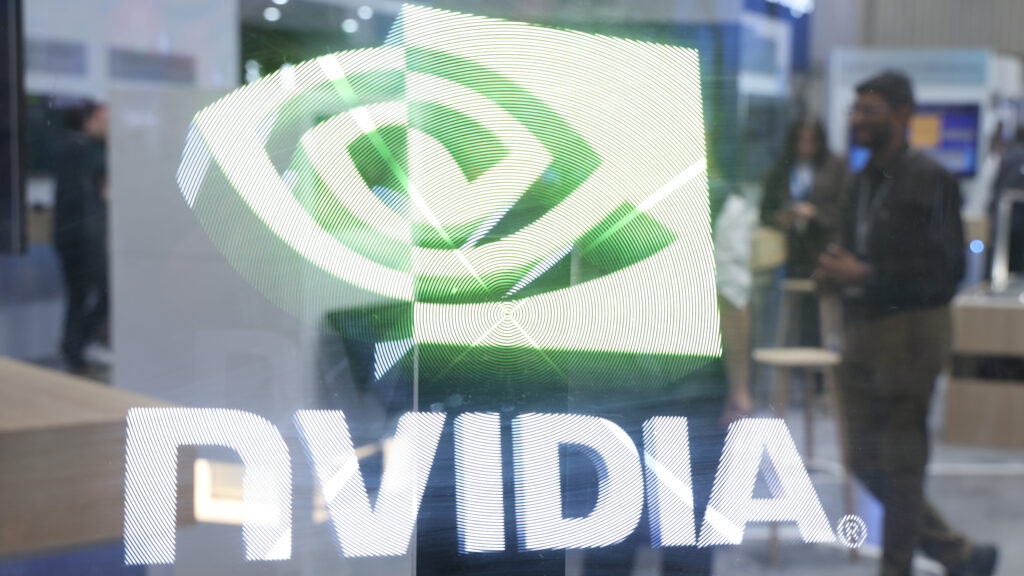Alan Robert Whitney, a distinguished radio astronomer and a leading figure in the field of very long baseline interferometry (VLBI), passed away on September 28, 2023, at the age of 81. Whitney was a long-serving research scientist at the MIT Haystack Observatory and held key positions, including associate director and interim director, where he significantly contributed to the observatory’s advancements and reputation.
Whitney’s career was marked by his innovative work in radio science. He played a crucial role in developing technologies that enhanced VLBI, an advanced technique used for measuring astronomical phenomena with exceptional precision. He attained the position of principal research scientist at MIT and was awarded the MIT Excellence Award in 2011 for his outstanding contributions to the field.
Early Life and Academic Achievements
Born and raised in Wyoming, Whitney exhibited remarkable talent from an early age. In 1962, he won his state’s science fair by building a satellite telemetry receiver using transistors and various components, which he constructed in a barn on his family’s dairy farm. This early accomplishment set the stage for his academic journey at MIT, where he completed a five-year master’s degree in electrical engineering through a cooperative internship with Bell Laboratories, followed by a PhD in 1974.
According to Phil Erickson, the current director of Haystack Observatory, “Alan’s personality and enthusiasm were infectious, and his work represented the best ideals of the Haystack and MIT research enterprise — innovative, curious, and exploring the frontiers of basic and applied science and technology.”
Contributions to Radio Astronomy
In the late 1960s, during his doctoral studies, Whitney was instrumental in the pioneering efforts to develop VLBI. This groundbreaking technique enabled direct measurements of continental drift and provided unprecedented insights into distant radio sources. A notable paper he led showcased the apparent superluminal motion of radio sources, attributed to highly relativistic motion directed toward Earth.
Throughout his esteemed career at Haystack, Whitney continuously advanced VLBI technology. He led the development of the Mark III recording and correlation systems in the early 1980s, which became the gold standard in VLBI technology. Whitney’s efforts not only established a framework for the global VLBI community but also facilitated a transition to disk-based recording systems, enhancing both efficiency and accessibility.
Whitney’s innovations did not stop there. He later developed the Mark 6 (Mk6) recording system, which significantly increased recording speed and sensitivity. The Mk6 technology played an essential role in the creation of the Event Horizon Telescope, which famously produced the first image of a black hole. The Mk6 recorders are now capable of recording data approximately 100,000 times faster than the magnetic tapes used at the beginning of his career.
As a senior leader at Haystack, Whitney provided critical guidance and consultation on various projects, including the international Murchison Widefield Array (MWA) in Australia, which focuses on pioneering research into the early universe. He served as project director for MWA from 2008 until the project’s construction phase transitioned to Australian teams.
Whitney remained actively engaged with Haystack until his retirement in 2012, continuing to offer invaluable technical insights and support. His legacy in the field was further recognized when he shared the 2020 Breakthrough Prize in Fundamental Physics awarded to the Event Horizon Telescope Collaboration.
Whitney’s contributions to radio astronomy and technology have left an indelible mark on the scientific community. His dedication to MIT and the Haystack Observatory inspired many, and he will be remembered for his sharp intellect, clarity of thought, and warm demeanor. Colleagues and friends across local, national, and global platforms will undoubtedly feel his absence.







